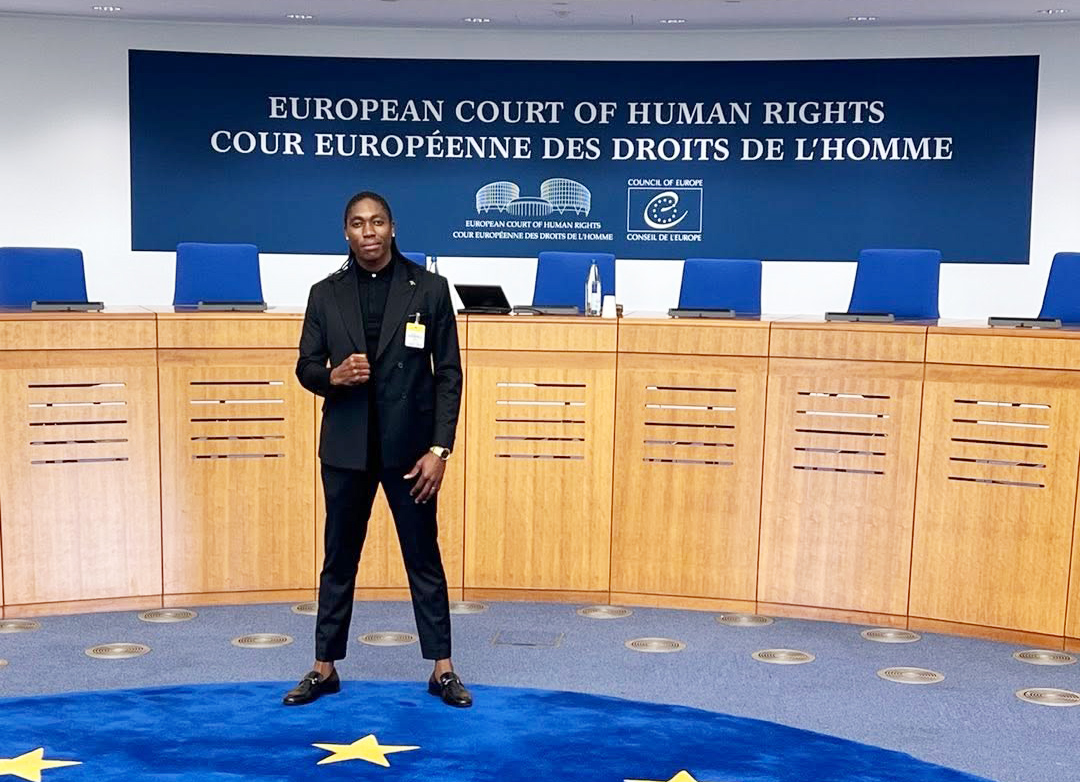Two-time Olympic champion Caster Semenya secured a partial victory in the European Court of Human Rights on Thursday as the 17-judge tribunal ruled 15-2 that some of her rights were violated in a Switzerland’s Supreme Court hearing.
The ruling is the latest in a seven-year legal battle Semenya has waged in her fight against eligibility rules in track and field.
The majority decision from the judges agreed that Semenya, 34, did not receive a fair hearing at the supreme court Switzerland in 2023, where she appealed a decision by the Court of Arbitration for Sport to side with World Athletics’ guidelines on female competition.
Meanwhile, the European Court of Human Rights did not side with Semenya on other areas of her case, declining to say that she faced discrimination by Switzerland’s Supreme Court, which is outside of its jurisdiction.
Semenya has disagreed with a World Athletics mandate that states that athletes with naturally elevated levels of testosterone were not permitted to compete in the female category at its events. World Athletics has since announced that tests like cheek swap will be implemented to confirm that some athletes in the female category are allowed to participate.
World Athletics requires female athletes with differences in sexual development (DSDs) to lower their level of testosterone — medically or surgically — to below 2.5 nmol/L at least six months prior to a competition.
The case can revert back to Swiss federal court.
Following the ruling, Semenya, the Olympic 2012 and 2016 gold medallist in the women’s 800m, posted a picture herself from the European Court of Human Rights chamber. She later released a statment addressing the case.
“Today, my patience in this journey has been rewarded with a result that will pave the way for all athletes’ human rights to be protected,” Semenya said in a statement.
Thursday’s ruling is not a mandate for World Athletics to overturn its rules on testosterone and the female category. The rules have, in a sense, put a close to her career on the track. She now coaches but will continue the
“It’s a battle for human rights now. It’s not about competing,” Semenya said. “It’s about putting athletes’ rights first. It’s about the protection of athletes.”
She added, “I have given up what I wanted in the hope that others may have what they need. I hope this victory will inspire young women to be and to accept themselves in all their diversity.”







